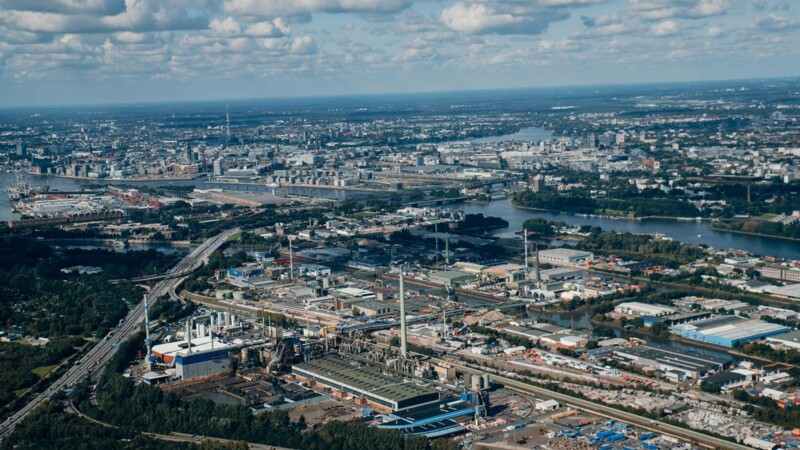Hamburg can also boast strong R&D. "The Kühne Logistics University stands for logistics and a good 50 professors in our network conduct research and teach with at least one interface in logistics," said Schmidt. A new research building at the Fraunhofer Center for Maritime Logistics and Services (CML) indicates Hamburg's importance in the sector. Around EUR 20 million were invested in construction and equipment at the Lotsekanal in Harburg's inland port. And the Digital Hub Logistics for start-ups focusing on logistics, transport and e-commerce grew from 1,200 to 3,200 square metres in 2022 amid meet growing demand and backed by LIHH and BWI. "We can look back on a strong tradition and are actively researching and working towards sustainable success in future," Schmidt pointed out.
“Trade is inherent to Hamburg's DNA and dates back to before the Hanseatic League," according to Carmen Schmidt, Managing Director of Logistik-Initiative Hamburg (LIHH). In the 21st century, the Port of Hamburg is a hub of foreign trade and logistics with trade routes to Africa, North America, Asia and Australia as well as central and Eastern Europen markets. Yet, Hamburg is far more than a port with close industrial ties," Schmidt stressed. Logistics is a highly diversified, cross-sectional industry. "Hamburg is home to a wide variety of business sectors - from e-commerce and aviation to the food industry and life sciences. And this breadth of logistics expertise is making regional industry even more resilient. That benefits some 11,200 logistics companies who employed some 315,000 people in 2020 or 14.5 per cent of all employees in the region," Schmidt pointed out.
Strength in logistics research
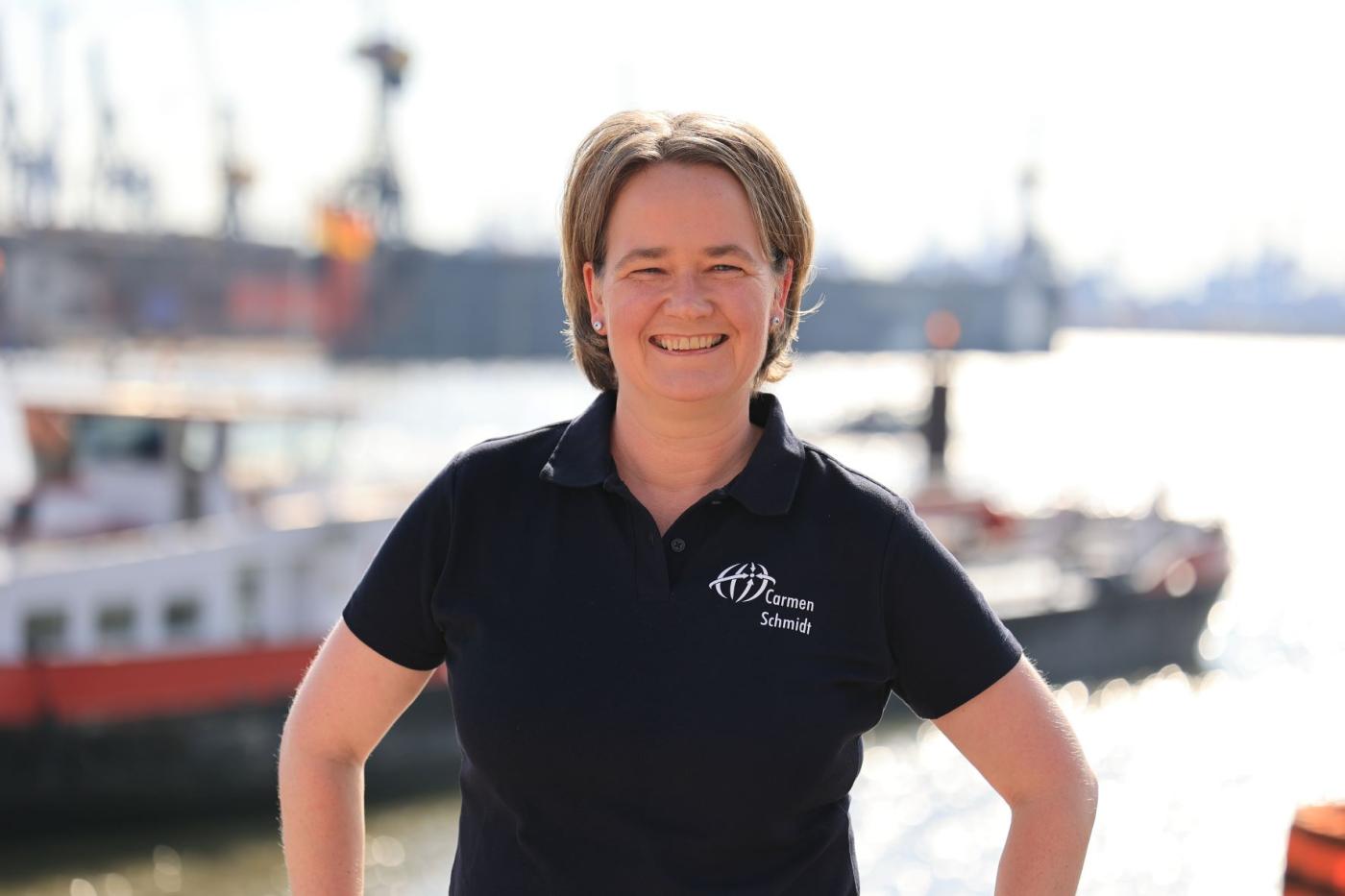
Transformation towards more sustainability
"We awarded this year's Hanse Globe to lend our support to innovative approaches especially in sustainable logistics," said Schmidt. The prize honours forward-looking projects by logistics companies, institutions or public bodies in Germany and abroad that focus on conserving resources, using renewable energies for managing logistics halls, intelligent transport ideas and social commitment. "Emphasis is also on waterways for more deliveries in Hamburg." More information on best practice and funding schemes can be found on the Green Logistics Capital platform, Schmidt stressed. The platform allows LIHH to help companies achieve greater sustainability and strengthens the image of the Hamburg Metropolitan Region as Europe's most sustainable logistics centre.
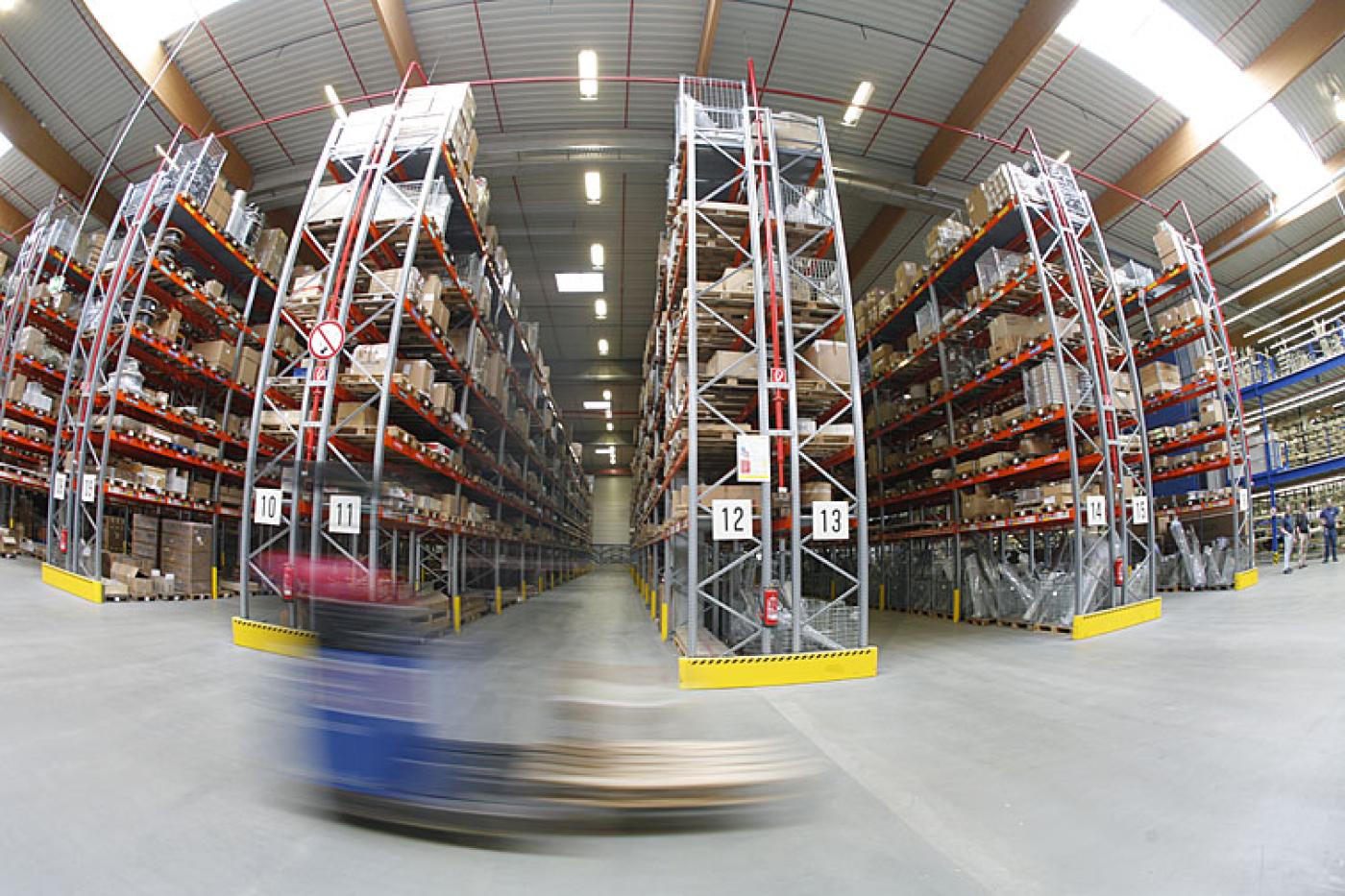
Risks and opportunities of global orientation
LIHH's focus is on a global scale and not simply on the domestic market. "All global occurrences in our industry impact the Hamburg Metropolitan Region," Schmidt noted. The ongoing global planning uncertainty has repercussions for the industry, she said, adding: "The 'Supply Chain Act' follows disrupted supply chains and is impacting logistics. We have also been hit by energy costs mainly due to increased fuel and refrigeration costs, as well as altered transport routes due to the war in Ukraine." Yet, Schmidt remains confident. "Logistics are highly flexibile. That helps us cope with the various challenges."
ys/pb
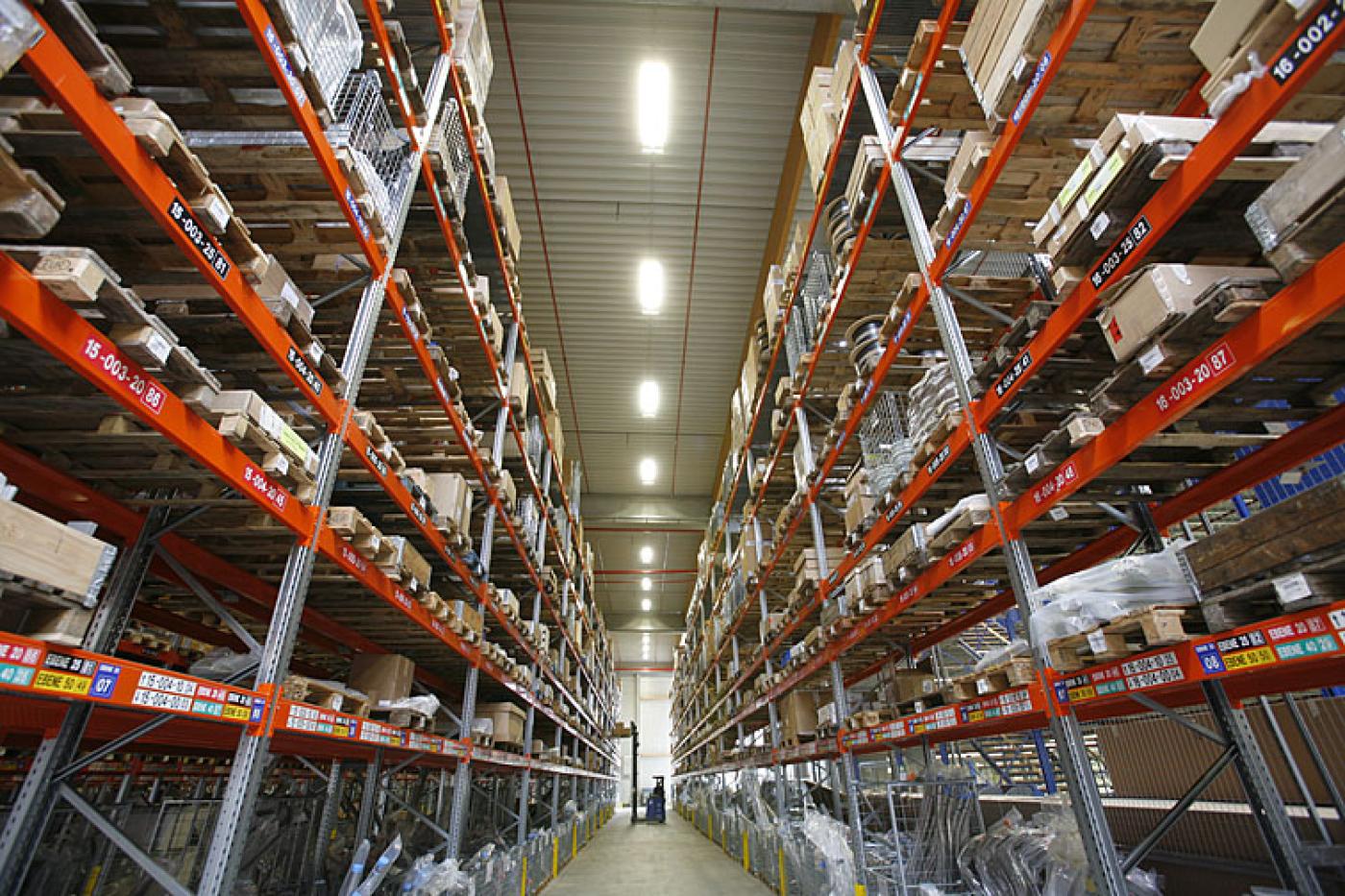
Read the other parts in our series:
Hamburg becoming even more resilient economic centre
1) Where is the media centre Hamburg heading?
2) Energy crisis driving switch to renewables
3) Port of Hamburg proving logistics hub and real innovation lab
4) Tourism in Hamburg on robust recovery course
Sources and further information
LIHH
The Logistik-Initiative Hamburg Management GmbH (LIHH) is backed by Hamburg's Ministry of Economics, Transport and Innovation and the Logistik-Initiative Hamburg e.V. association. This public-private partnership aims to heighten the role of the Hamburg Metropolitan Region as a leading centre of logistics in northern Europe and to network logistics-related companies and institutions.
More
Similar articles
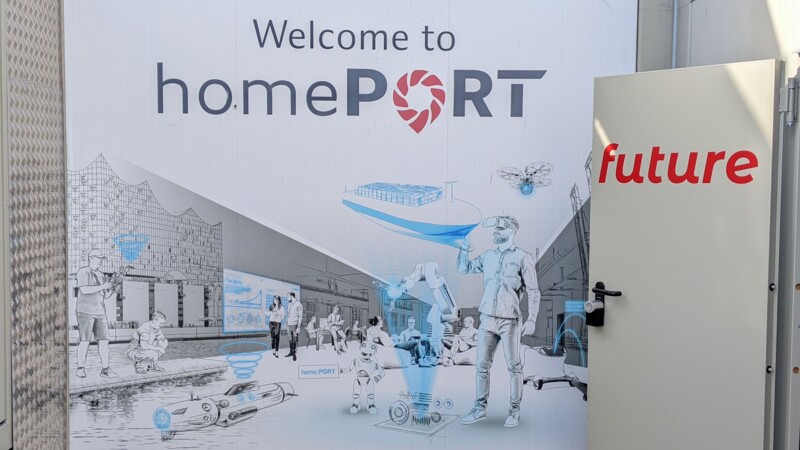
Homeport now testing ground for forward-looking maritime technology
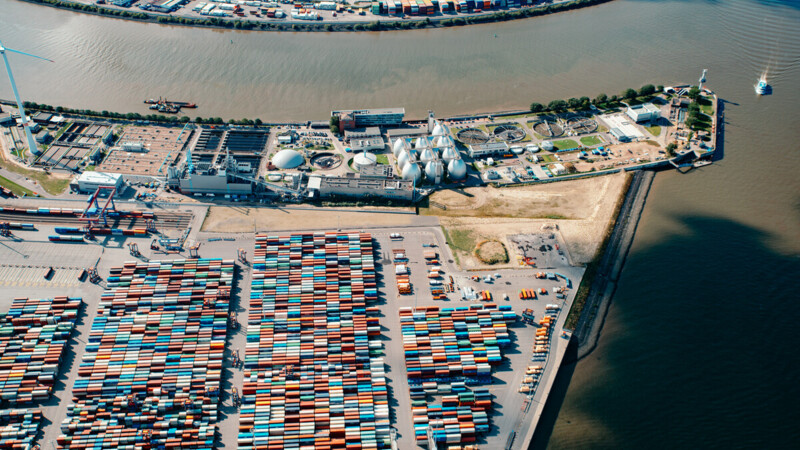
Conference on AI innovations in industry, logistics and ports
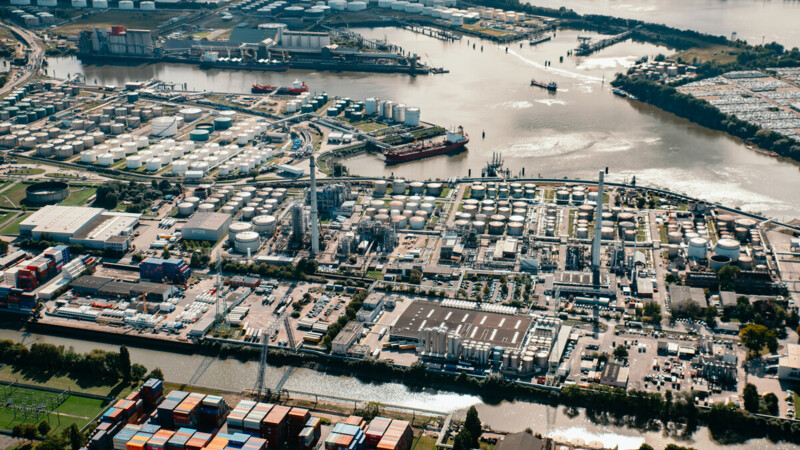
Port of Hamburg to get Germany's first green ammonia terminal
